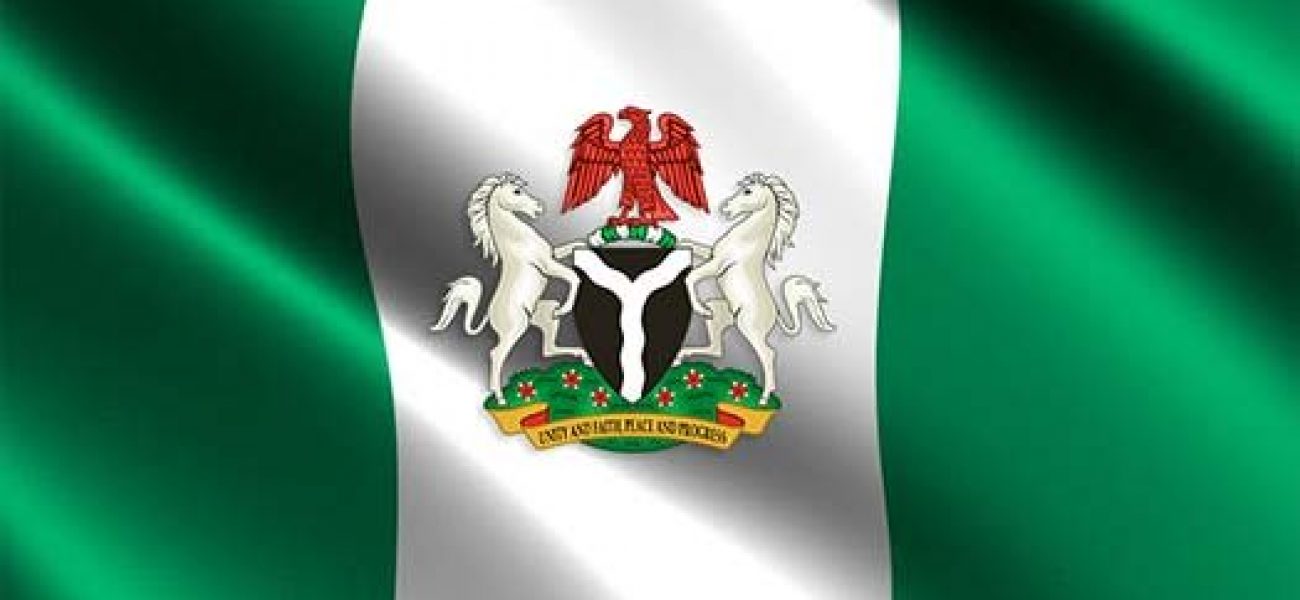On Tuesday, 28th September, an executive bill seeking to repeal the Copyright Act Cap C28 Laws of the Federation of Nigeria (LFN), 2004 and enact the Copyright Act 2021 passed second reading in the Senate. Following this, it was referred to the Committee on Trade and Investment. It was read for the first time on 7th July 2021. The bill seeks to replace the obsolete Copyright Act initially passed in 1988 and amended in 1992 and 1999. Its objectives are as follows:
- Protect the rights of authors to ensure just rewards and recognition for their intellectual efforts;
- Provide appropriate limitations and exceptions to guarantee access to creative works;
- Facilitate Nigeria’s compliance with obligations arising from relevant international copyright treaties and conventions; and
- Enhance the capacity of the Nigerian Copyright Commission for effective regulation, administration, and enforcement of the provisions of this Act (bill).
Materials eligible for copyright include literary, musical, artistic and audio-visual works, as well as sound recordings and broadcasts. However, eligibility criteria to copyright some of these materials are set out in the bill.
A provision in the bill (clause 26) authorises the accessible format of a work or subject matter to be produced for the benefit of visually impaired or otherwise print-disabled persons, without the permission of the of the owner of the copyright of the work in question. However, this can only be done under certain conditions, some of which include that the maker must be an authorised entity, the accessible format is for the exclusive use of the beneficiary persons, the accessible format copy respects the integrity of the original work, among others.
The Senate Leader, Senator Yahaya Abubakar (APC, Kebbi) who led the debate on the bill, stated that it seeks to provide a holistic review of the policy and legal framework for copyright protection in Nigeria. He identified the film, broadcast, music, fashion, book publishing, art and software industries as potential beneficiaries of a robust Copyright law. He noted that creative industries have witnessed tremendous growth but have also been impaired by the weak mechanisms of the extant law and the government’s inability to sufficiently fund the Nigerian Copyright Commission. The growth of the creative economy has seen the emergence of digital technologies which have made production and dissemination of creative works more accessible and therefore open to global exploitation beyond national boundaries.
In view of the identified issues with the current Copyright act, the repeal and re-enactment bill seeks to reflect current realities in order to strengthen the copyright regime in Nigeria, to enhance the competitiveness of the nation’s creative industries.

